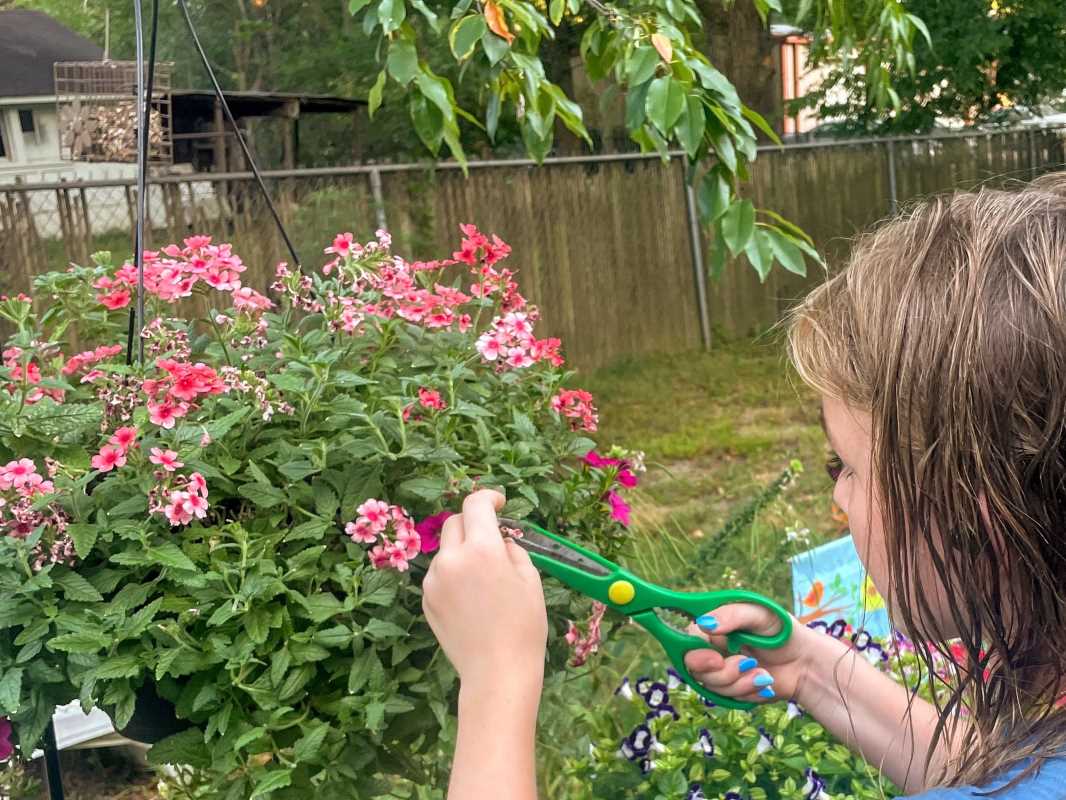Having the conversation with your child that you and your ex-partner are never getting back together is one of the most challenging discussions a parent can face. It involves navigating a delicate balance of honesty, empathy, and reassurance, all while addressing the child's emotional needs and fears. Here's a guide to help you approach this sensitive topic with care and compassion.
Understanding the Sensitivity of the Conversation
Children often harbor hopes that their parents will reunite, clinging to the idea of a restored family unit. When this hope is dashed, it can lead to feelings of confusion, sadness, or even anger. It's crucial to approach this conversation with a full understanding of its emotional weight and the potential impact on your child's sense of security.
Strategizing the Conversation
- Choose the Right Time and Setting: Timing is everything when it comes to breaking difficult news. Select a moment when your child is calm, and there are no immediate distractions. A private, comfortable setting can help foster a sense of safety and openness.
- Use Age-Appropriate Language: Tailor your explanation to your child's age and developmental stage. Younger children may need simple and direct explanations, while older children can handle more detailed discussions. Avoid overwhelming them with too much information and focus on clarity and simplicity.
- Be Honest and Direct: While it might be tempting to sugarcoat the truth to spare your child’s feelings, honesty is crucial. Clearly communicate that you and your ex-partner will not be getting back together, avoiding false hope. Use straightforward language that your child can understand.
- Prepare for Emotional Reactions: Expect a range of emotions, from tears to anger to silence. Let your child express their feelings without judgment. Validate their emotions by acknowledging their pain and frustration as natural responses to the news.
Reassuring Your Child
- Affirm Your Love and Support: Reassurance is key in helping your child feel secure. Emphasize that both you and your ex-partner love them unconditionally and that this decision does not change the fundamental dynamics of your relationship with them.
- Explain the Continuity of Support: Make it clear that both parents will continue to be involved in their life, maintaining consistent routines and support structures. This continuity helps in stabilizing their world amidst the changes.
Maintaining Open Communication
- Encourage Questions: Welcome your child's questions, no matter how difficult they may seem. Answer honestly and thoughtfully, providing clarity and comfort. This openness helps them process the situation more effectively.
- Regular Check-Ins: Keep the lines of communication open. Regularly check in with your child to discuss their feelings and concerns. This ongoing dialogue reinforces that they can come to you anytime for support and understanding.
- Provide Resources for Emotional Processing: Consider involving a therapist or counselor if your child struggles to cope with the new reality. Professional support can offer them a safe space to explore their emotions and learn coping strategies.
Helping Your Child Process Their Emotions
- Model Healthy Emotional Expression: Demonstrate how to express emotions healthily by sharing your feelings in an age-appropriate way. Show that it's okay to feel sad or disappointed and that healing takes time.
- Create Stability Through Routine: Reinforce a sense of stability by maintaining routines and traditions. Familiar activities can provide comfort and normalcy, reassuring your child that not everything has changed.
- Promote Positive Relationships: Encourage your child to maintain relationships with extended family and friends. These connections can provide additional layers of support and reassurance.
- Acknowledge Milestones: Recognize and celebrate milestones, both big and small, to foster a sense of progression and positivity. This can help shift focus from the separation to their personal growth and achievements.
Telling your child that you and your ex-partner are never getting back together is an emotional and challenging task. By approaching the conversation with honesty, empathy, and reassurance, you can help your child navigate their feelings and foster a secure, loving environment. Remember, while the news might be difficult to accept initially, the support and love from both parents can guide them toward understanding and acceptance.
 (Image via
(Image via





